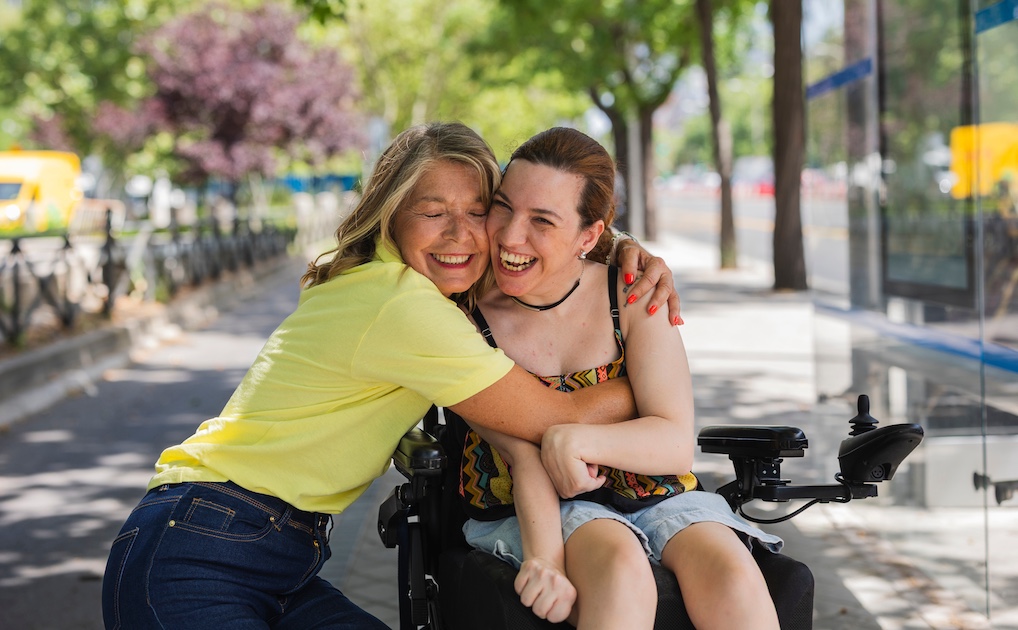8 Technologies That Are Improving Care in Long-Term Care Facilities
When a loved one moves into an assisted living facility or nursing home, you want them to be safe, healthy, and happy. And while there are a number of factors that influence wellbeing, many facilities are finding new ways to use technology to enhance the quality of life of their residents. Here are some of the ways tech is being used to improve care and communication:
1. Electronic Health Records
Electronic medical records are common across many healthcare settings, but they can be particularly useful in long-term care facilities. When there are multiple staff members interacting with a resident, it’s important to have a reliable record of what care they’ve received and what is still needed. What have they eaten today? Have they been helped to the restroom recently? When was the last time they were bathed? These Activities of Daily Living (ADLs) can be recorded alongside vital signs and other medical information to provide a consistent, up-to-date overview of your loved one’s care.
2. Medication Management
Precision is essential when disbursing medications, where errors in dosage or time can be life-threatening. Automated medication dispensing systems ensure that residents receive the correct medications in the right doses and at the scheduled times, reducing the risks of your loved one missing doses or doubling up.
3. Wearable Devices for Healthcare Monitoring
As smartwatch technology continues to advance, these devices have integrated a number of health features that are helpful for older adults. Depending on your loved one’s needs, look for a smartwatch that includes fall detection, heart rate monitoring, and emergency call features — all of which can help keep them safe in everyday life and alert caregivers when needed.
4. Real-time Location Sensors
Some facilities use small sensors to keep track of residents locations without needing to install invasive video cameras in private residences. Since staff won’t be by your loved one’s side 24/7, these sensors can help caregivers keep tabs on where residents are within the facility and how active they are being. For residents in memory care who may be prone to wandering, these sensors can be particularly helpful for their safety.
5. Voice-activated Technology
Since our vision and dexterity can decline as we age, being able to control devices with our voice can be particularly helpful for older adults. Voice-powered assistants like Amazon’s Alexa or Apple’s Siri can help even the least tech-savvy seniors engage with their devices and apps – they can ask about the weather forecast, the latest news headlines, or request to play their favorite music. Studies also show that these digital assistants can help combat loneliness in seniors.
6. Video Calls
When you can’t visit your loved one as often as you would like, video calls through Facetime or other technology can be the next best thing. And thanks to standalone video chat devices, older adults don’t even need a smartphone to stay connected to their family through video.
7. Virtual Reality
If your loved one is restricted to a wheelchair, a walker, or even a bed, new advancements in virtual reality can offer them opportunities to go on adventures they otherwise may not be able to. Recent studies show it can help with memory loss, mood boosts, and loneliness, so some long-term care facilities are investing in this technology for their residents to use.
8. Financial Safeguards
The transition to assisted living can feel like a major loss of independence for older adults who are used to living on their own, so it’s good to find ways to preserve some autonomy while still keeping them safe. Financial technology like True Link can help provide families peace of mind while allowing their loved one some financial independence. Using the True Link platform, families can set custom spending rules and stay informed of a loved one's spending via the online Spend Monitor system.
The continual integration of technology into long-term care has shown to be beneficial for residents, caregivers, and loved ones alike. If you are researching care facilities for an older adult, find out how they are using tools like these for their residents or consider investing in some of these options for them.











